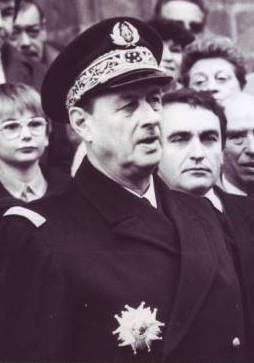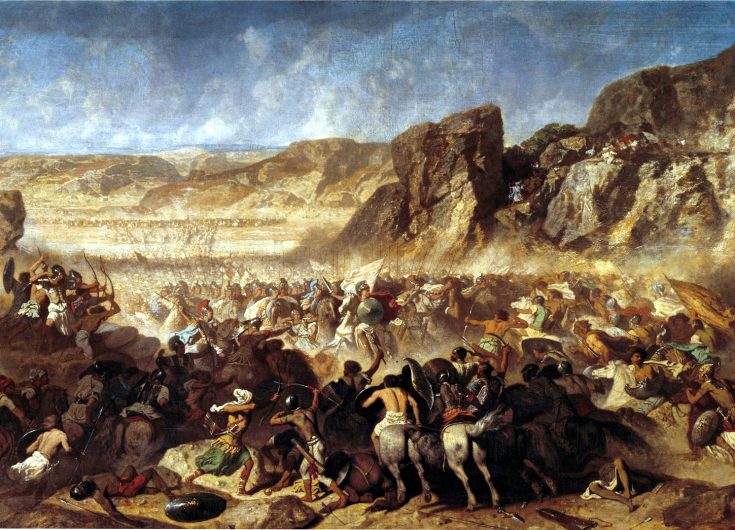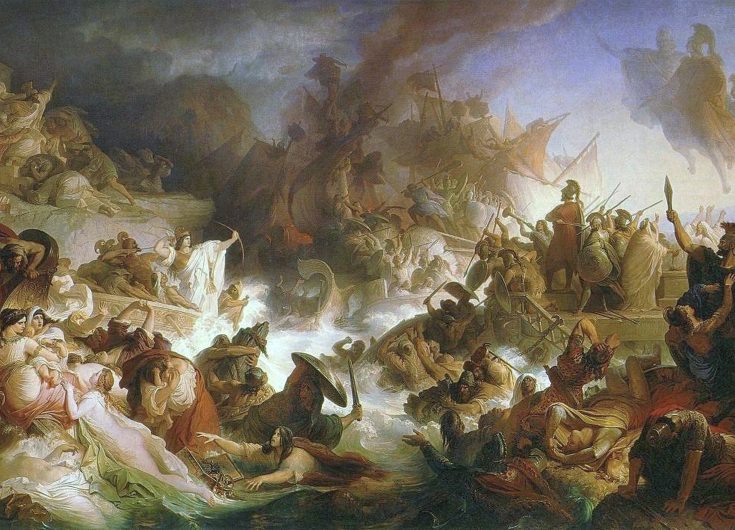Resources on Lee Kuan Yew, The Sage of Singapore
Lee Kuan Yew is often referred to as “the Sage of Singapore.” The Cambridge University-educated Lee was the founding father of that modern independent city-state. He served as its prime minister from 1959 to 1990, overseeing its rise as the first of the Southeast Asian “tigers.” He was also one of the region’s most influential international statesmen, renowned for his geopolitical acumen as well as his far-sighted economic vision. When Harry Lee spoke, people listened.





